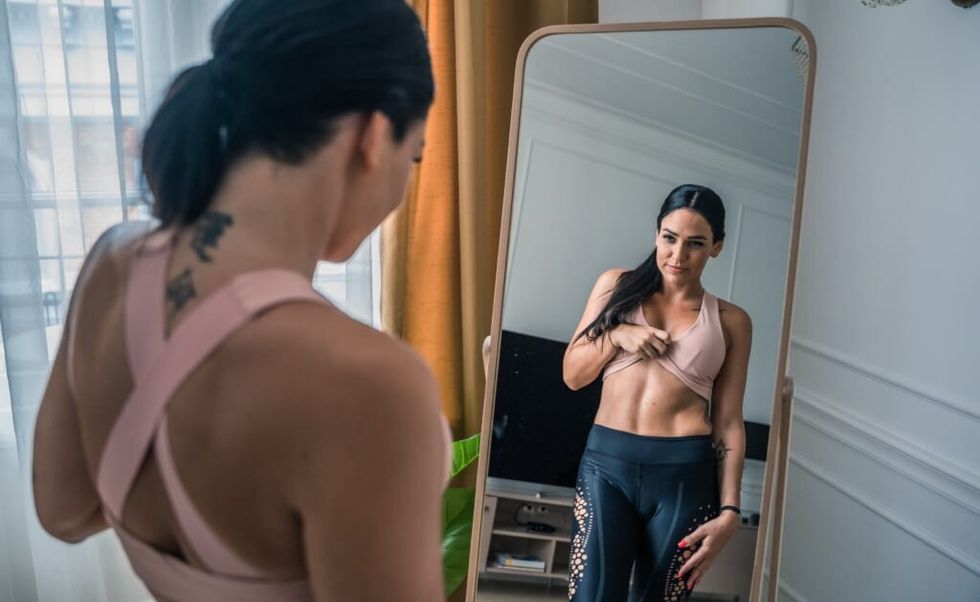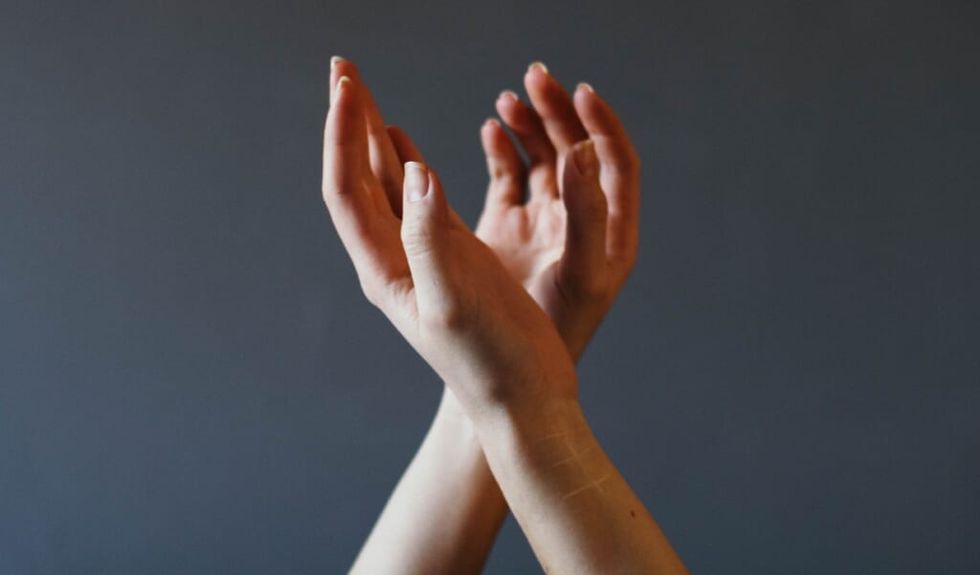Legally Blind Man Faces Discrimination at Seattle Restaurant
Navigating life with a disability is challenging enough without encountering discrimination. Yet, this is precisely what happened to a legally blind man and his service dog in Seattle, as they faced disbelief and hostility in a restaurant.
Heartbreaking Discrimination at Seattle Restaurant

Young blind man shares how restaurant worker mocked his guide dog.
@matthewandpaul/TikTok
Paul Castle, a legally blind TikToker with over 2.1 million followers on his account @matthewandpaul, shared a distressing experience on TikTok. He recounted how he and his guide dog, Mr. Maple, were kicked out of a Seattle restaurant when a staff member refused to believe he was blind.
“I walked in with my guide dog, Mr. Maple, and immediately somebody rushed up to me and said, ‘No pets allowed, only service dogs,’” Paul explained. He responded, "'It's OK, he's a service dog.’ The staff member looked at me and said, ‘Emotional support dog?’ I clarified, ‘No, like a guide dog for the blind.’”
The Staff Threatened To Call The Police

Young blind man shares how restaurant worker threatened him.
@matthewandpaul/TikTok
Despite showing the staff member Mr. Maple’s harness labeled “Guide Dogs for the Blind,” Paul was met with skepticism. “He said, ‘You don't look blind,’ and I said, ‘A lot of people in the blind community still have some functional vision.’”
"You don't look blind."
Paul has Retinitis pigmentosa, a condition causing vision loss due to the gradual breakdown of cells in the retina. He explained his limited vision, describing it as a small tunnel surrounded by moving lights and random colors. The staff member remained unconvinced. “He said, ‘You're looking right at me.’ I said, ‘Yes, but it's like I have a pinhole of vision — that's all I can see.’ He replied, ‘This isn't my first rodeo,’" implying he believed Paul was lying.
The confrontation escalated when Paul offered to bring his dog’s paperwork. The staff member responded, “If you step foot back in this restaurant with that dog, I will call the police.”
Watch The Full Video Now:
@matthewandpaul “This isn’t my first rodeo” 💀 #blind #guidedog #servicedog #storytime
He's Using This Experience To Spread Awareness

Young blind man plays with service dog, Mr. Maple.
@matthewandpaul/Instagram
Despite the negative experience, Paul is turning this situation into an opportunity to educate and inspire others. Through his popular TikTok account, he is raising awareness about the realities of living with a disability and the importance of understanding and empathy. And it's working.
"My manager sent this to our work chat to make sure we don’t do the same," one comment read.
Paul's video has since garnered 16 million views, with many commenters expressing outrage and support. "Don’t be shy, tell us what the restaurant was called," one hilarious comment read. Another added, “Pretty sure if you name the restaurant all the Seattle baddies with service dogs will congregate.”
Even though comments were asking Paul to name the restaurant, he decided not to as he doesn't want the restaurant to face backlash; however, he did meet up with the manager of the restaurant who sincerely apologized to him and told him employees would be better trained on this topic.
Paul’s story serves as a powerful reminder that advocacy and education can lead to a more inclusive and compassionate society. By sharing his journey, Paul hopes to inspire others to stand up for their rights and foster a world where everyone, regardless of their abilities, is treated with dignity and kindness.





































